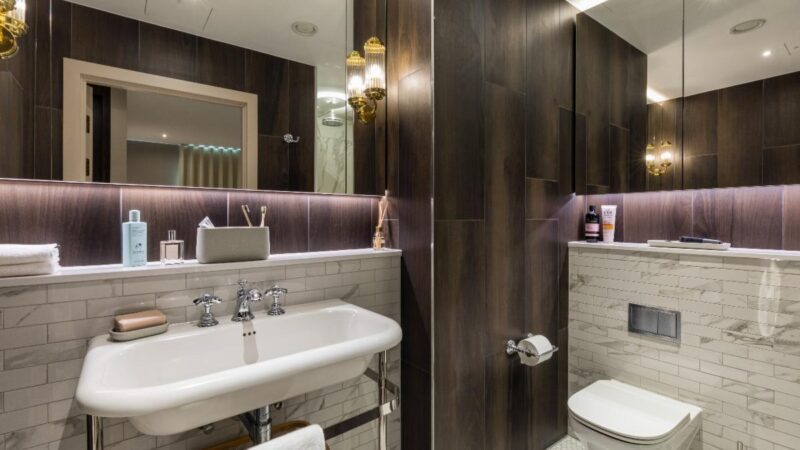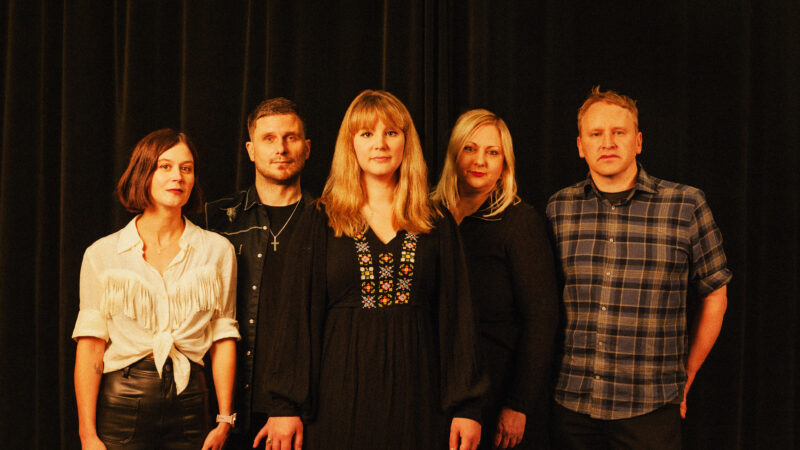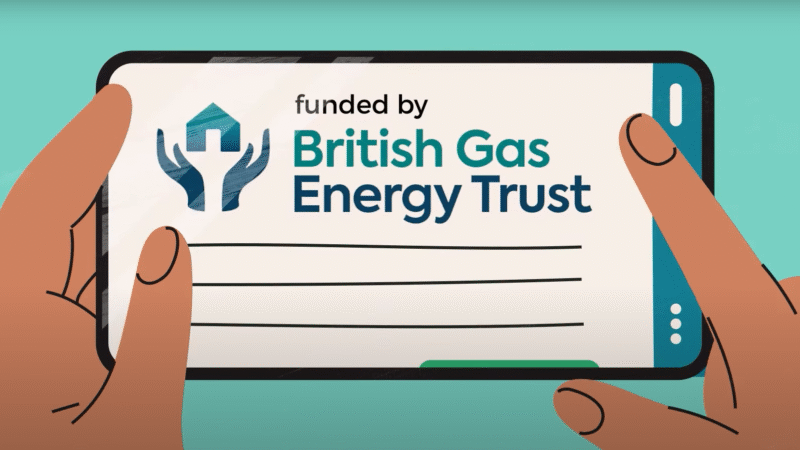Is 2023 shaping up to be the year of the Great British Memoir?

Earlier this week, former Prime Minister, Boris Johnson announced that he has agreed on a deal with global publishing house, HarperCollins, to write ‘a memoir like no other’. The book, which has no title or publication date is set to recount his time at Downing Street, a stint characterised by a string of scandals. Following in the footsteps of prime ministers such as David Cameron and Tony Blair – who all received seven-figure deals for their books, Johnson’s announcement adds to the autobiographical sensation which is currently filling our newsfeeds.
Johnson’s announcement comes alongside Prince Harry’s high-profile memoir release, which hit record sales figures of 1.43 million in the first 48 hours of publication. In light of this StoryTerrace, the nation’s leading biography-writing service, comments on how the publishing industry is turning towards the tell-all – and the public craving for the honest and raw first-person narratives behind the headlines.
It seems like penning a book is almost an unescapable part of celebrity – but, will Johnson and Harry’s releases serve as a catalyst for our most contested public figures to start writing down their truths and set their stories straight? It seems like the public is hungry for strong narratives as opposed to star-studded fluff that we’ve previously seen with celebrity memoirs – and the tide is turning, as the memoir is now being used as a medium to give a redemptive arc to the country’s most scandalous figures.
Following in the footsteps of memoir mania, a social survey from StoryTerrace, showed that 39% of respondents hope to accumulate enough life experience by the time they are 40 to write a biography. Often we think of the moments that make up our lives and realise the dramatic credentials in them – sometimes ordinary lives take on narratives stranger than fiction. StoryTerrace’s service matches clients with a professional ghostwriter and presents them with a beautifully bound biography, giving clients full rights to then go on and sell their book on Amazon – who knows, it might get shot up to celebrity status?
Rutger Bruining, CEO and founder of leading biography-writing service StoryTerrace is available to comment on how celebrity memoirs are shifting the publishing industry and the ‘memoir mania’ hitting our shelves.






